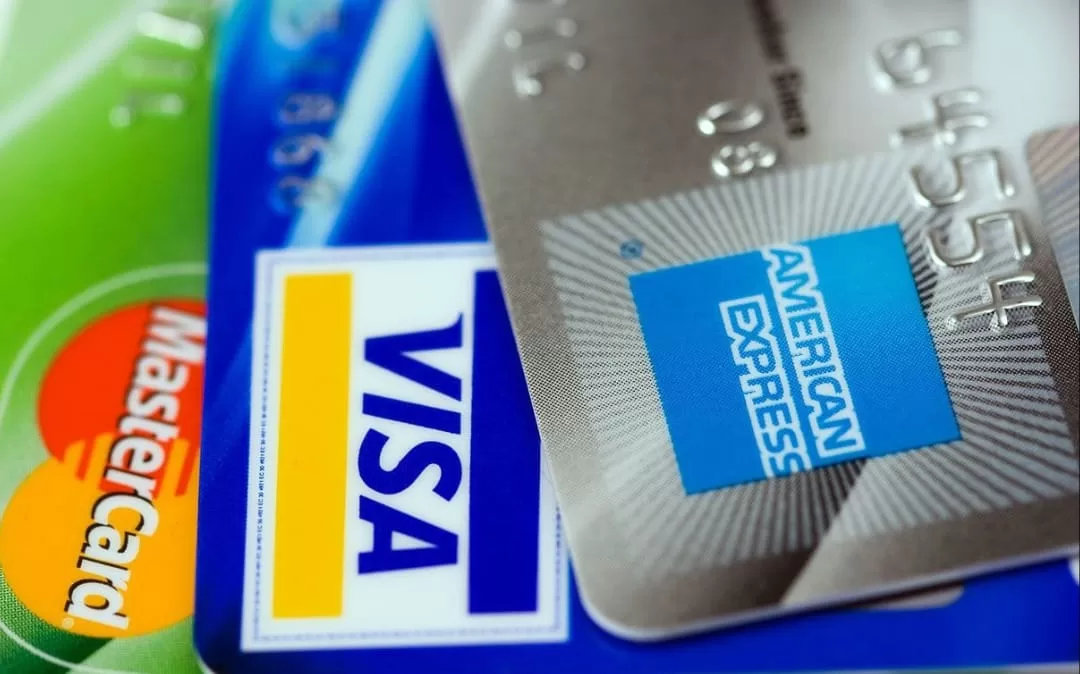With a balance transfer, you can take advantage of lower interest rates and pay off more of your debt faster. Keep reading to learn more about the benefits of balance transfers, along with some good places to start looking for a card that’s right for you!

What is a Balance Transfer and Why you Should do it
A balance transfer is the act of transferring the balance of one credit card to another. This can be a great way to save money on interest, as you will only be paying interest on the new card. Balance transfers can also help you consolidate your debt, as you will only have one monthly payment to make. There are a few things to consider before doing a balance transfer, such as whether or not you will be charged a balance transfer fee, and what the interest rate on the new card will be. However, if done correctly, a balance transfer can be a great way to save money and pay off your debt.
How Balance Transfer Works
Assuming you have good credit, you can usually qualify for a balance transfer credit card with a 0% intro APR. That means you won’t owe any interest on the transferred balance for 12 to 21 months.
To do a balance transfer, you’ll need to provide the new credit card issuer with information about your outstanding debt, including the account numbers and balances. Once your balance is transferred, start making payments to the new credit card so you can pay off the debt before the intro period expires.
If you can’t pay off the entire balance before the intro period ends, be prepared for a much higher interest rate. That’s why it’s important to have a plan in place and know how much you can realistically afford to pay each month.
The Pros and Cons of Balance Transfer
Pros of Balance Transfer
No interest. The biggest advantage of a balance transfer is that you’ll pay no interest on the transferred balance for a set period of time, which gives you some breathing room to pay down the debt.
The biggest advantage of a balance transfer is that you’ll pay no interest on the transferred balance for a set period of time, which gives you some breathing room to pay down the debt.
Low rate. Even after the intro period expires, many balance transfer cards offer promotional rates as low as 3% or 4% for 12 months or 18 months. After that, consider finding another card with a 0% intro APR or transferring your balances again.
Even after the intro period expires, many balance transfer cards offer promotional rates as low as 3% or 4% for 12 months or 18 months. After that, consider finding another card with a 0% intro APR or transferring your balances again.
Money in your pocket. If you have good credit, having extra cash in your budget can help you avoid using credit cards or taking out personal loans to cover expenses until you pay off your debt.
Cons of Balance Transfer
Balance transfer fee . Mostbalance transfers incur a fee ranging from 3% to 5% of the amount transferred.
Limited time to pay off debt . With most balance transfer cards, you have 12 to 21 months to pay off your debt before the intro 0% APR expires and a much higher interest rate kicks in. That’s not a lot of time, especially if you have a large balance to pay off.
Minimum payments may not be enough . Even with a 0% intro APR, your minimum payments will likely go toward fees and accrued interest first — meaning it could take longer to pay down your actual debt if you only make minimum payments.
You could end up in more debt. If you can’t pay off the balance before the intro period expires, you might be tempted to keep using the card and rack up more debt. That could lead to even more interest charges and put you in a deeper hole.
If you’re considering a balance transfer, be sure to do your research and compare offers from multiple issuers to find the best deal for you.
Good balance transfer card Features
- A balance transfer card can help you save on interest and pay down your debt faster.
- When you do a balance transfer, you’re essentially moving your debt from one credit card to another. This can be a good way to get a lower interest rate, which can help you save money and pay off your debt faster.
- Balance transfer cards often have introductory periods with 0% APR, which can help you save even more money on interest.
- If you’re struggling to pay off high-interest debt, a balance transfer card can be a good option to help you get out of debt quicker.
- There are a few things to keep in mind when doing a balance transfer, such as making sure you pay off your balance before the intro period ends and being aware of any fees associated with the balance transfer. But if done correctly, a balance transfer can be a great way to save money and get out of debt faster.
Should I do Balance Transfer
If you’re carrying a balance on your credit card, you may be wondering if a balance transfer is right for you. A balance transfer can save you money on interest and help you pay off your debt faster.
Things to consider before you make the switch.
The interest rate on the new credit card: Compare the interest rate on the new card with the rate on your current card to ensure that you will be saving money by doing the balance transfer.
Balance transfer fees: Some credit cards charge a fee for balance transfers, typically a percentage of the amount transferred. Make sure to factor this fee into your calculations to determine if the transfer will still be worth it.
The length of the introductory rate: Some credit cards offer a low introductory rate for balance transfers, but this rate may only last for a certain period of time. Make sure to check how long the introductory rate will last and what the rate will be after that period.
The credit limit on the new card: Make sure the new card has a high enough credit limit to cover the balance you want to transfer.
The credit score requirement: Some balance transfer credit cards may require a good to excellent credit score, and if you don’t meet the requirement you may be declined for the card.
The terms and conditions: Review the terms and conditions of the new card carefully, including any restrictions or penalties that may apply.
Pay off the balance before the introductory rate expires: Make sure you pay off the balance before the introductory rate expires, otherwise you will be charged a high interest rate.
Consider the long-term impact: Keep in mind that a balance transfer will not solve any underlying financial problems you may have. It may be a good short-term solution, but it’s important to address the root cause of your debt issues.
Must read:commercial-vehicle-loan-all-you-need-to-know-about-eligibility-benefits-interest-rates
Must read: how-to-apply-for-personal-loan-from-banks
Must read: business-loans-vs-personal-loans
FAQ
Many credit card issuers charge a fee for balance transfers, which is typically a percentage of the amount transferred. The fee can vary from card to card, so it’s important to check the terms and conditions of the card you’re considering before making a transfer.
Some credit cards offer a promotional period during which you can pay off the transferred balance at a lower interest rate. Once the promotional period ends, the interest rate on the transferred balance will usually go up.
Yes, you can usually transfer a balance from one card to another card issued by the same bank.
It depends on the card issuer, some issuer allow it and some don’t.
Some credit card issuers may have limits on the amount you can transfer, so be sure to check the terms and conditions of the card before making a transfer.
Balance transfer can have a negative impact on credit score, if not used properly and paid off in full before the promotional period. So it’s always recommended to read the fine print and plan accordingly.

